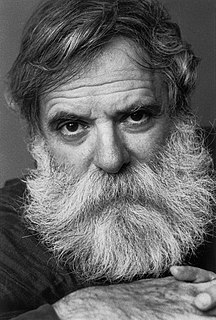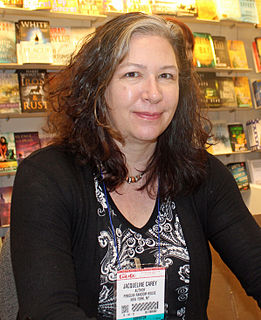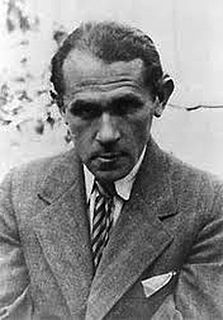A Quote by Micha Bar-Am
If you're too close to events, you lose perspective. It is not easy to be fair with the facts and keep your own convictions out of the picture. It is almost impossible to be both a participant in the events and their observer, witness, interpreter.
Quote Topics
Related Quotes
Neville recommends at the end of every day, before you go to sleep, to think through the events of the day. If any events or moments did not go the way you wanted, replay them in your mind in a way that thrills you. As you recreate those events in your mind exactly as you want, you are cleaning up your frequency from the day and you are emitting a new signal and frequency for tomorrow. You have intentionally created new picture for your future. It is never too late to change the pictures.
News has a way of distancing us from events, even as it informs us about them. News articles almost always present both the event and the responses at the same time - how is President Barack Obama or Congress responding to the events? I think this reflects a deep need we have to feel that things are under control and that events are subject to our influence.
The Gospels were written in such temporal and geographical proximity to the events they record that it would have been almost impossible to fabricate events. Anyone who cared to could have checked out the accuracy of what they reported. The fact that the disciples were able to proclaim the resurrection in Jerusalem in the face of their enemies a few weeks after the crucifixion shows that what they proclaimed was true, for they could never have proclaimed the resurrection under such circumstances had it not occurred.
Much more than an entertaining set of exaggerated facts, fiction is a metaphoric method of describing, dramatizing and condensing historical events, personal actions, psychological states and the symbolic knowledge encoded within the collective unconscious; things, events and conditions that are otherwise too diffuse and/or complex to be completely digested or appreciated by the prevailing culture.
A particular place in the land is never, for an oral culture, just a passive or inert setting for the human events that occur there. It is an active participant in those occurrences. Indeed, by virtue of its underlying and enveloping presence, the place may even be felt to be the source, the primary power that expresses itself through the various events that unfold there.
































